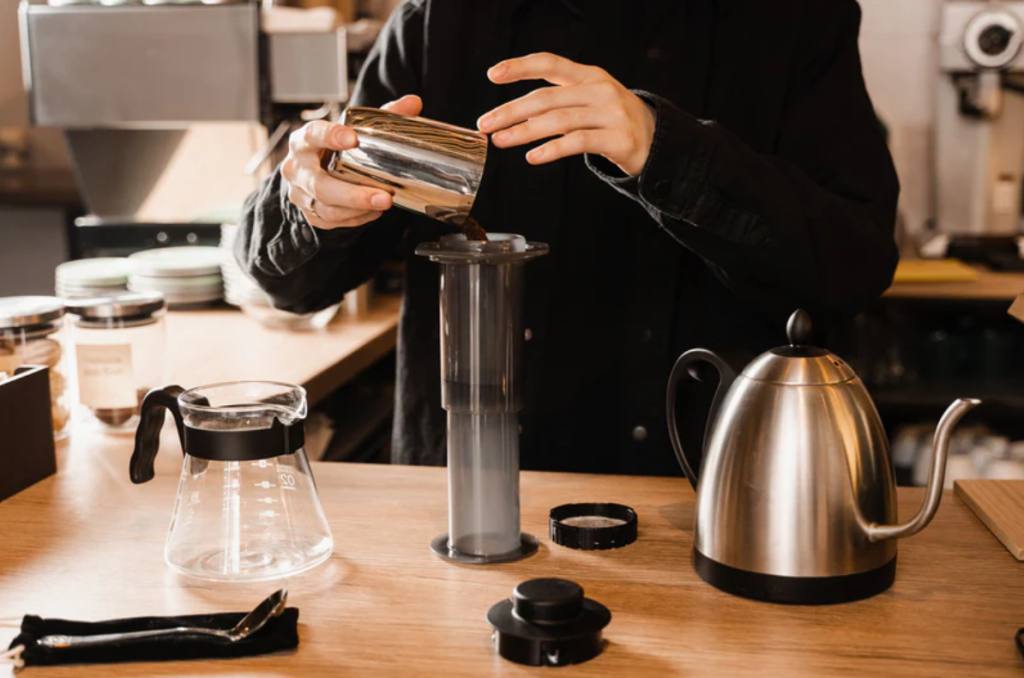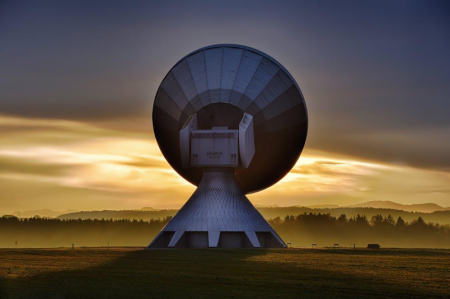Decaffeinated coffee often carries a stigma of being less flavorful compared to its caffeinated counterparts. However, advancements in brewing technology and methodology are quickly closing this gap, allowing decaf enthusiasts to enjoy a cup that rivals the taste of regular coffee.
Modern decaffeination processes, such as the Swiss Water Method, preserve the beans’ inherent flavors and aromas, enhancing the overall coffee experience without the caffeine.
This article explores the innovative techniques transforming the world of decaf coffee, offering flavorful alternatives that maintain the essence of a rich brew without the caffeine content.
Advanced machines, like those compatible with Nespresso decaf pods, provide consistency in every cup, ensuring that the decaf coffee brewed at home or in the office mirrors the quality of professionally brewed coffee.
Revisiting the Decaffeination Process
The key to enhancing the flavour of decaf coffee begins with the decaffeination process itself. Traditional methods often involved chemicals that could affect the subtle flavours of the coffee beans. Newer techniques, such as the Swiss Water Process and Carbon Dioxide Process, use natural elements and pressurised carbon dioxide to remove caffeine while preserving the beans’ intrinsic flavours. These methods are more environmentally friendly and better at retaining the delicate flavour profiles that coffee enthusiasts cherish.
Decaffeination can sometimes strip coffee beans of their oils and aromatics, vital for flavour. These gentler decaffeination processes maintain the coffee beans’ structural integrity and essential oils, resulting in a richer and more complex flavour in the final brew.
Enhancing Flavor Post-Decaffeination
Once the beans are decaffeinated, the roasting process is the next step in enhancing flavour. Roasting decaf coffee beans requires a specific approach to optimise the flavour. Roasters now use modified temperature profiles and timings to strengthen the development of flavours, which can be less pronounced in decaf beans. By fine-tuning the roasting process, they can highlight the beans’ natural sweetness and acidity, often lost during decaffeination.
Adjusting roasting profiles to match the specific characteristics of decaf beans ensures that each batch can reach its flavour potential. This tailored approach allows roasters to compensate for flavour loss during decaffeination and bring out the best in each bean.
Innovative Brewing Techniques
With decaffeination and roasting tailored to preserve flavour, the next frontier is brewing. Techniques like cold brewing, which traditionally yields a smoother and less acidic taste, are adapted for decaf coffee to enhance its flavour profile. Cold brew methods allow for a longer steeping time, which can extract a fuller flavour spectrum from decaf beans, unlike traditional brewing methods that might not capture the full potential of decaf coffee.
Utilising precise water temperature and brewing time, especially with modern machines like Nespresso decaf pods, can make a significant difference. These controlled parameters ensure that every cup of decaf coffee is brewed to highlight its best flavours, perfectly balancing bitterness and acidity.
Technological Advancements in Coffee Machines
The technology behind coffee machines has also evolved, with many now offering settings specifically optimised for decaf coffee. These machines adjust variables such as water temperature and pressure in ways ideal for decaf beans, which can differ significantly from regular beans in density and moisture content.This consistency is critical to enhancing the decaf coffee experience, providing convenience and a superior taste.
The Role of Water Quality and Filtration
Finally, water quality must be considered when discussing the brewing of premium decaf coffee. Water’s mineral content and purity can significantly influence the taste of the final brew. Using filtered water can improve the clarity and flavour profiles of decaf coffee, allowing the nuances of the coffee to shine through.
Investing in a sound filtration system can remove impurities that may interfere with the flavours of decaf coffee. Ensuring that the water used is as pure as possible allows the authentic flavours of the coffee to be experienced without distortion.
Integrating Flavor Infusions in Decaf Coffee
Another emerging trend in elevating decaf coffee’s flavour profile involves using natural flavour infusions. By incorporating elements such as vanilla, cinnamon, or even cocoa during the brewing process, the natural flavours can infuse subtly with the decaf coffee, providing a sensory experience that compensates for any flavour diminished by the decaffeination process. This method enhances the coffee’s aroma and taste and adds a unique twist that can be tailored to individual preferences without adding artificial ingredients. These natural infusions cater to the growing consumer demand for healthier, more natural beverage options, further broadening the appeal of decaf coffee.
The world of decaffeinated coffee is undergoing a revolution, with innovative techniques that enhance the flavour of every cup. From advanced decaffeination processes to specialised brewing methods and equipment, these advancements promise a future where decaf coffee stands on equal footing with regular coffee in terms of taste and enjoyment. As technology and techniques evolve, the gap between decaf and regular coffee continues to narrow, making it an exciting time for coffee lovers who prefer or need to avoid caffeine.













